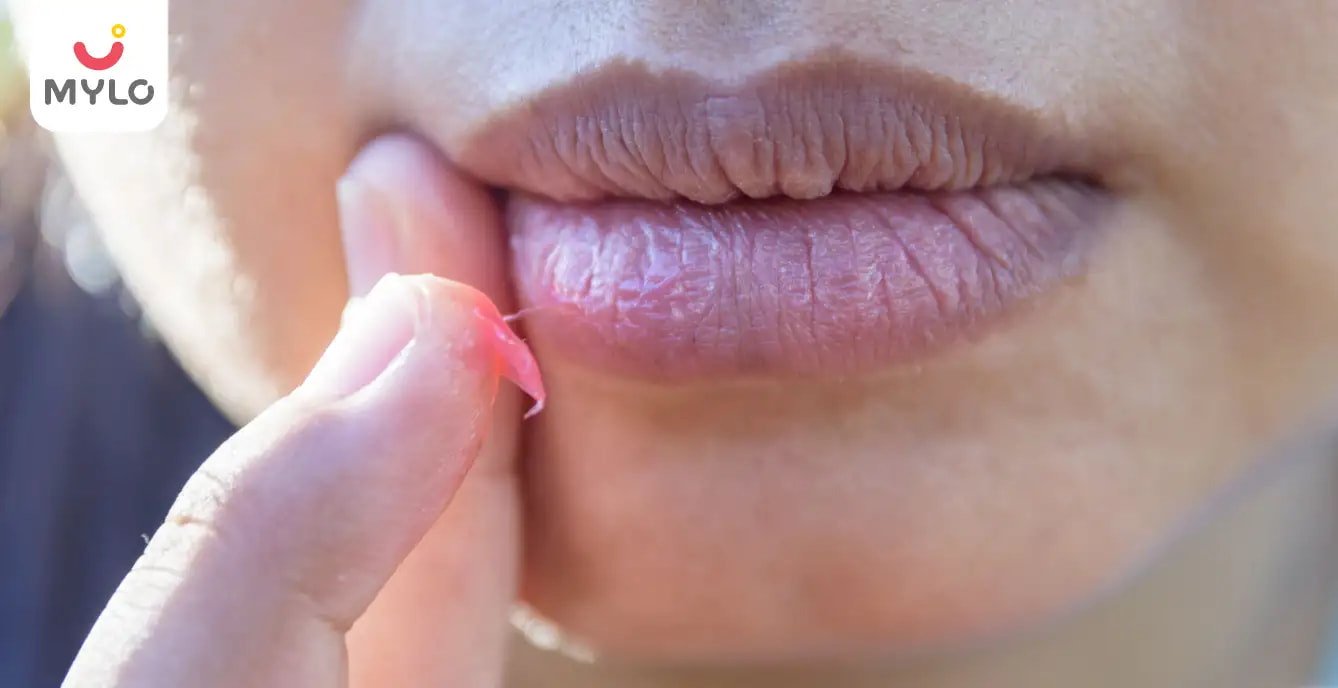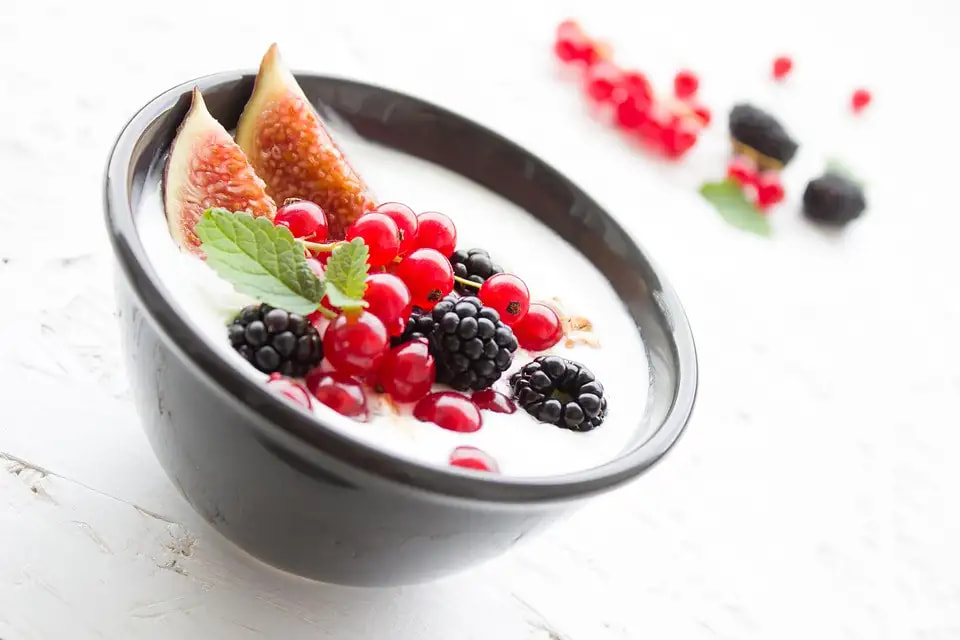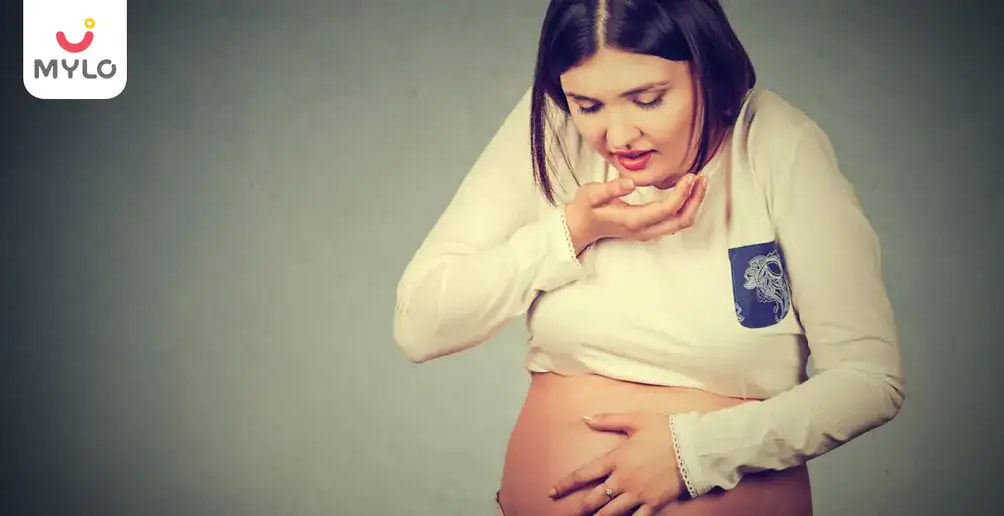Home

Loss of Appetite During Pregnancy: Causes and Solutions
In this Article
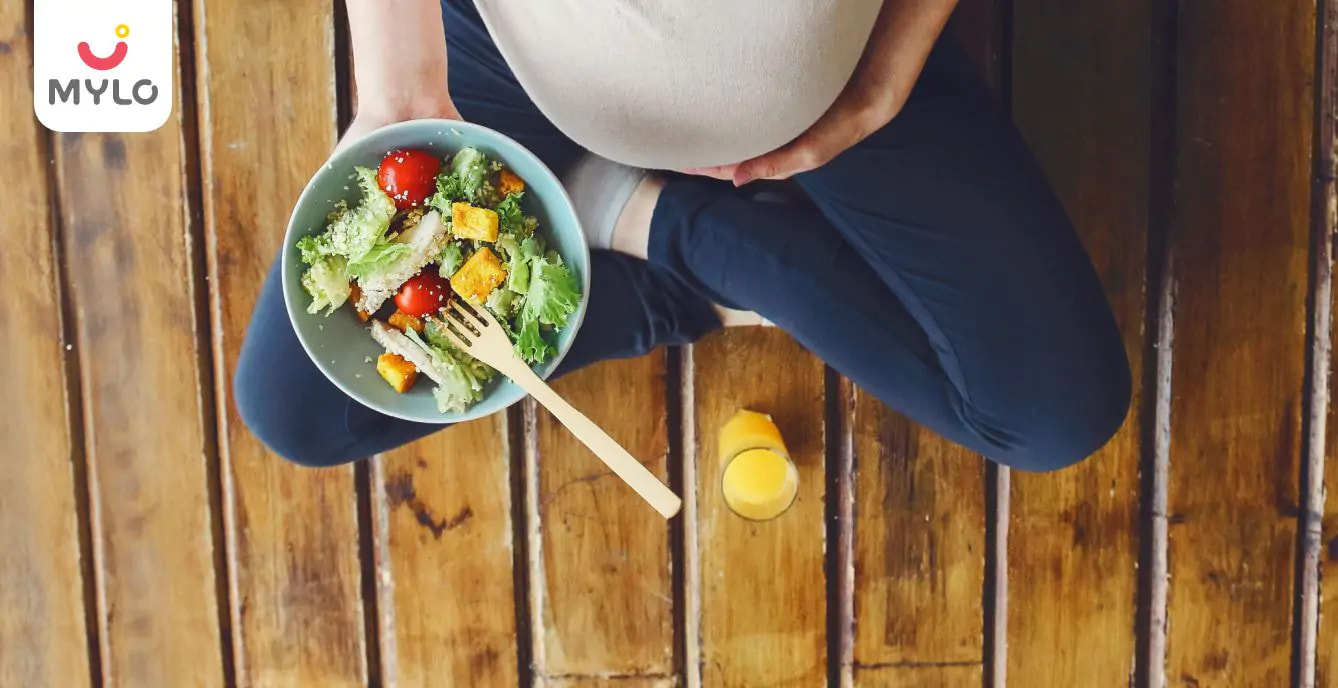
Loss of Appetite During Pregnancy: Causes and Solutions
Updated on 21 November 2023
As the body undergoes profound changes to nurture and sustain new life, it's not uncommon for the once-familiar pangs of hunger to take an unexpected turn. Many women may experience loss of appetite during pregnancy. It may happen when you find the food unappealing or you may be hungry but don’t feel like eating.
In this article, we will understand why some pregnant women may find their appetite waning and explore practical and nurturing solutions to ensure both mom and baby receive the essential nutrients they need.
Symptoms of not eating enough while pregnant
If you're unsure about your appetite or are unable to judge whether you are eating enough or not, then here are symptoms that may help you determine a loss of appetite:
-
Not gaining enough pregnancy weight
-
Tiredness and dizziness
-
Feeling cold constantly
-
Hair fall and brittle nails
-
Compromised immunity
You may also like: Everything You Need to Know About Pregnancy Weight Loss
Potential reasons for not eating during pregnancy
A loss of appetite is often the result of the numerous changes your body undergoes during pregnancy. Factors which can contribute to a decrease in appetite during pregnancy include the following:
1. Medications
Medications, even those that are safe during pregnancy, may sometimes cause side effects such as loss of appetite. Doctors may sometimes prescribe an anti-depressant to deal with anxiety, which can cause symptoms such as decreased appetite, feeling of fullness and weight loss.
2. Vomiting and nausea
Nausea and vomiting are common during pregnancy, especially during the first trimester. Such a condition may result in a reduction in food intake. If you don't feel like eating during pregnancy first trimester, try to break your meals into smaller portions and drink water separately from the meals.
3. Anxiety and depression
Stress and anxiety can result in altered eating patterns and a reduction in the intake of nutrient-rich food items. In case you are suffering from stress and anxiety, it’s important to seek the advice of a trusted doctor, as it can have long-term complications on your health.
4. Food aversions
Heightened olfactory senses during pregnancy can make strong smells more pronounced. As a result, pregnant women may develop aversions to certain foods or smells, leading to a reluctance to eat those items and an overall decrease in appetite.
5. Gastrointestinal Issues
Changes in digestion and the relaxation of digestive muscles can lead to issues like indigestion, bloating, and heartburn, making eating uncomfortable and less appealing.
6. Hormonal Changes
The surge in hormones, particularly human chorionic gonadotropin (hCG) and progesterone, can affect taste and smell sensations, leading to a diminished desire to eat.
How to increase your appetite during pregnancy?
If you’re experiencing symptoms of not eating enough while pregnant, then you may adopt the following strategies to get your eating back on track:
1. Prioritize these foods
Even if you can’t eat full meals yet, there are certain foods you can prioritize to ensure adequate nutrition for you and your baby:
Protein- rich foods: Eggs, Greek-yogurt, cheese & crackers and roasted chickpeas
Fibre-rich foods: Oatmeal, pears, strawberries, avocado, apples and bananas
Vegetables: Green beans, steamed carrots, spinach and sweet potatoes
2. Amp up your liquid intake
Consuming ample water is more important than aiming for calories during pregnancy. So, if you’re unable to eat, make sure to drink at least 12-15 glasses of liquid from all sources. Besides water, you can drink coconut water, fresh fruit juices, soups, smoothies, buttermilk etc.
3. Consume small, frequent meals
Instead of three large meals, try eating smaller, more frequent meals throughout the day. This can be gentler on the stomach and may be more manageable if you're experiencing nausea.
4. Supplements to the rescue
In case you are nutrient deficient, you can consult your doctor and ask for vitamin supplements in order to restore the normal nutrient levels of your body and maintain optimum nutrition for yourself and your baby.
You may also like: An Expecting Mother's Guide to Vitamins & Supplements in Pregnancy
5. Experiment with Flavors
Experiment with different flavors and spices to make meals more appealing. Pregnancy hormones can affect taste preferences, so be open to trying new combinations to overcome loss of appetite during pregnancy.
6. Listen to Your Cravings
Pay attention to your cravings (within the bounds of a healthy diet) and indulge them in moderation. Cravings can sometimes indicate a need for specific nutrients.
7. Physical Activity
Engage in light physical activity, such as walking, to stimulate appetite. However, avoid intense exercise close to mealtime. Take a short rest or lie down before meals to combat fatigue, which can contribute to a lack of interest in eating.
8. Ginger or Peppermint
Ginger and peppermint are known for their potential to ease nausea. Try ginger tea or peppermint-infused water.
9. Smoothies and Shakes
If solid foods are challenging, consider nutrient-rich smoothies or shakes that can be sipped throughout the day.
10. Consult with a Nutritionist
Consider consulting with a nutritionist or dietitian who specializes in pregnancy to create a personalized meal plan that meets your nutritional needs.
Loss of appetite during the first trimester of pregnancy
Some women don't feel like eating during pregnancy first trimester due to morning sickness, nausea and vomiting. Morning sickness can be the body’s natural instinct of protecting the fetus from potentially harmful foods. Additionally, an increase in estrogen and hCG may also play a role in nausea, sensitivity to smell and appetite loss.
Even if you have lost your appetite during pregnancy in the first trimester, try to eat priority foods, break down your meals into smaller and frequent meals, stay hydrated and don’t forget your prenatal vitamins.
Loss of appetite in the second trimester of pregnancy
After braving the morning sickness and nausea of the first trimester, most women seem to develop an appetite during the second trimester of pregnancy. However, if you’re not feeling hungry during pregnancy second trimester, you’re not alone. Some women tend to feel queasy and suffer from a loss of appetite in pregnancy.
A reason why you may not feel hungry towards the end of second trimester can be your growing baby and expanding uterus. This can cause you to feel full and short of breath, thereby affecting your appetite. Continue your first trimester rituals of staying hydrated, eating small and frequent meals and taking your prenatal vitamins.
Loss of appetite in the third trimester of pregnancy
Towards the end of your pregnancy, your growing belly may leave a small room for the rest of your organs, including the stomach. Add to that heartburn, bloating, shortness of breath and constipation which can bring down your food intake during pregnancy.
Even if you’re not eating during pregnancy, you must meet your nutritional goals to ensure your baby receives all the essential nutrients to grow and develop. Try to eat small and frequent meals, consume fibre-rich foods, opt for healthy fats and try standing up while you eat. Continue to meet your hydration goals and keep taking your prenatal vitamins.
You may also like: Top 25 Motivating Pregnancy Quotes To Keep You Happy During Pregnancy
When should you be worried?
If you’re experiencing occasional loss of appetite, there’s usually no need to worry. Just keep consuming enough nutrients and your prenatal vitamins regularly. Additionally, if you’ve lost your appetite only for certain foods, then you need not worry as it may be an aversion. As long as you’re gaining adequate weight to promote fetal development and growth, appetite loss is not a cause of concern.
If you’re skipping your meals regularly, not gaining enough weight and have been experiencing loss of appetite for more than a few days, you should consult your doctor. Undernutrition or nutritional deficiency during pregnancy can lead to several pregnancy complications including anemia, low birth weight, preterm delivery and fetal growth anomalies.
Final Thoughts
Loss of appetite during pregnancy is common but you should keep in mind that a healthy diet leads to positive pregnancy outcomes. So, try to eat small, frequent meals, stay hydrated and consult your doctor if you experience chronic appetite loss.
References
1. Regodón Wallin A, Tielsch JM; et al. (2020).Nausea, vomiting and poor appetite during pregnancy and adverse birth outcomes in rural Nepal: an observational cohort study. BMC Pregnancy Childbirth.
2. Huybregts LF, Roberfroid DA, Kolsteren PW, Van Camp JH. (2009). Dietary behaviour, food and nutrient intake of pregnant women in a rural community in Burkina Faso. Matern Child Nutr.



Written by
Priyanka Verma
Priyanka is an experienced editor & content writer with great attention to detail. Mother to an 11-year-old, she's a ski
Read MoreGet baby's diet chart, and growth tips

RECENTLY PUBLISHED ARTICLES
our most recent articles
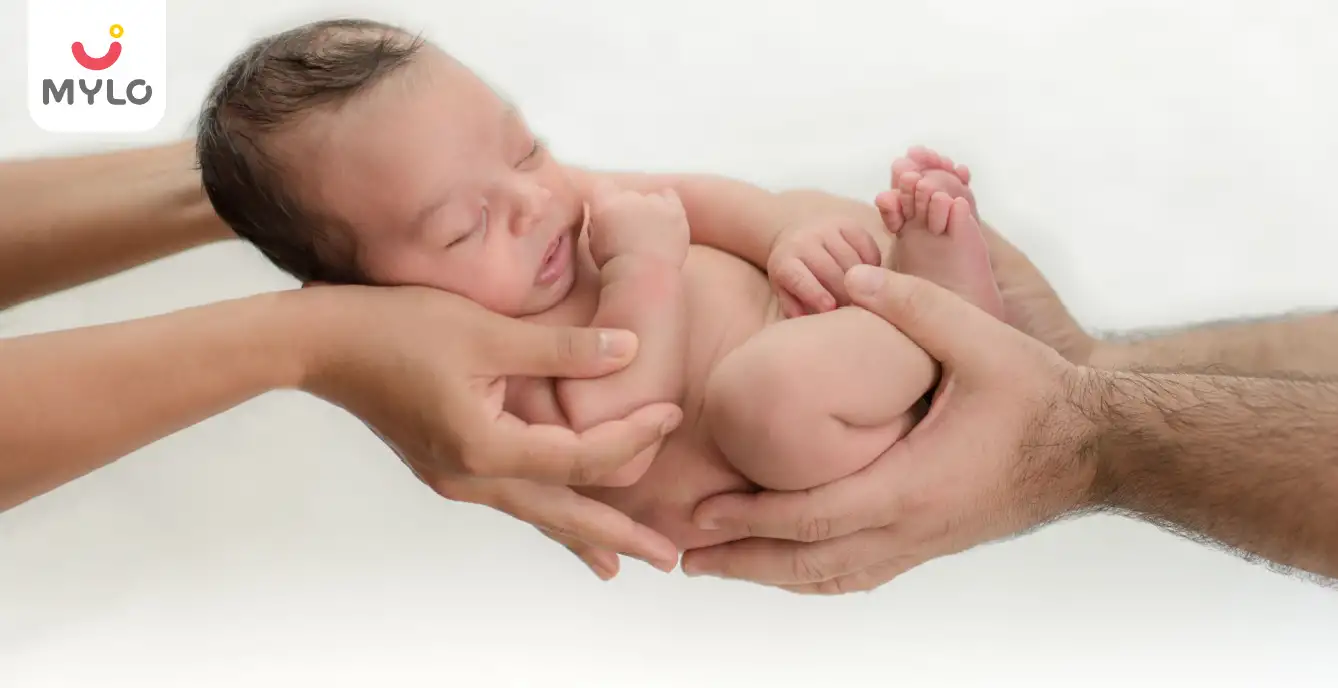
Caring for your Newborn
How to Increase Newborn Baby Weight: Expert Tips and Tricks

Medications
Fertisure M: The Comprehensive Solution to Male Infertility and Reproductive Health
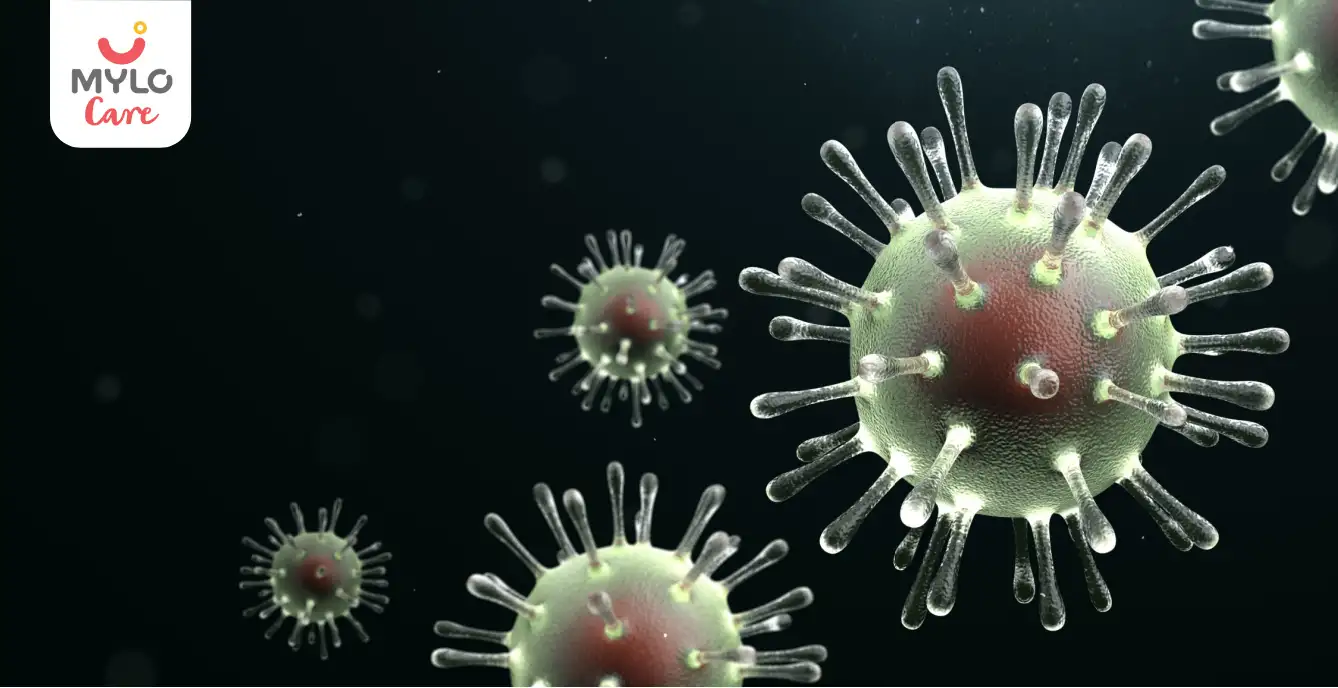
Coronavirus and Pregnancy
All You Need to Know About the New COVID Variant: Pirola
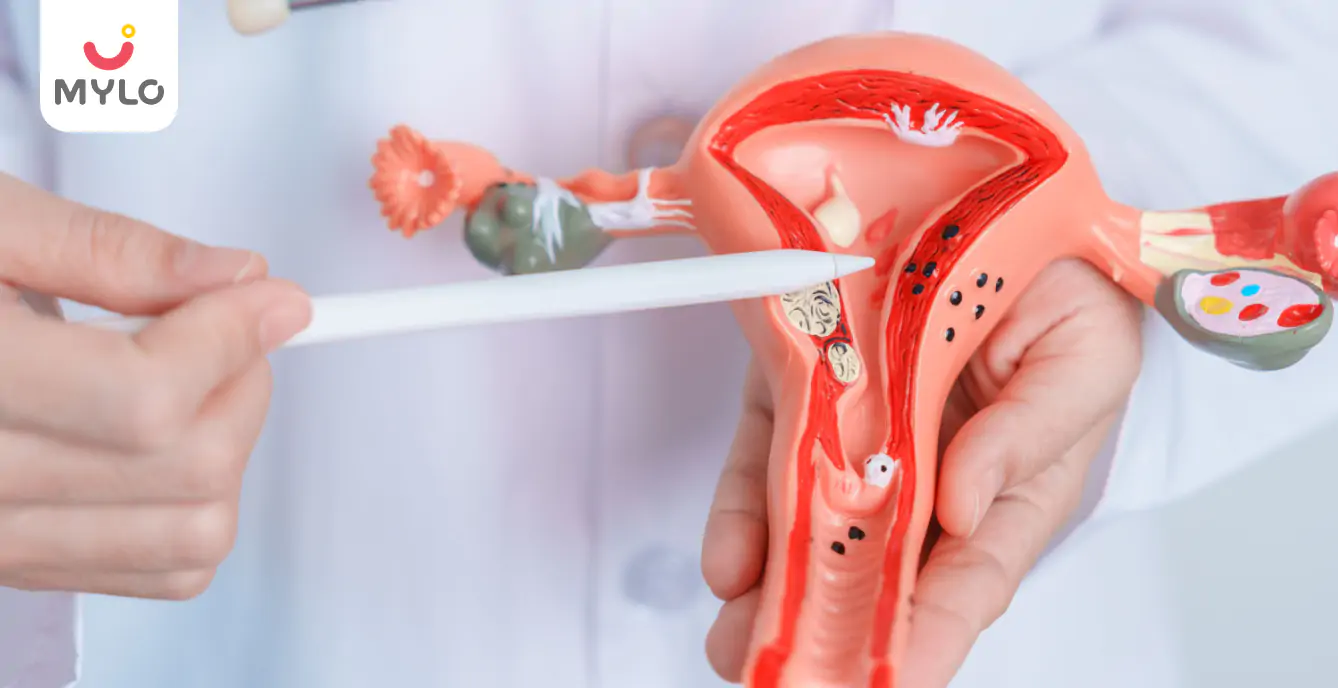
Fertility Problems
Endometrial Polyp and Pregnancy: How Uterine Polyps Can Affect Your Chances of Conception
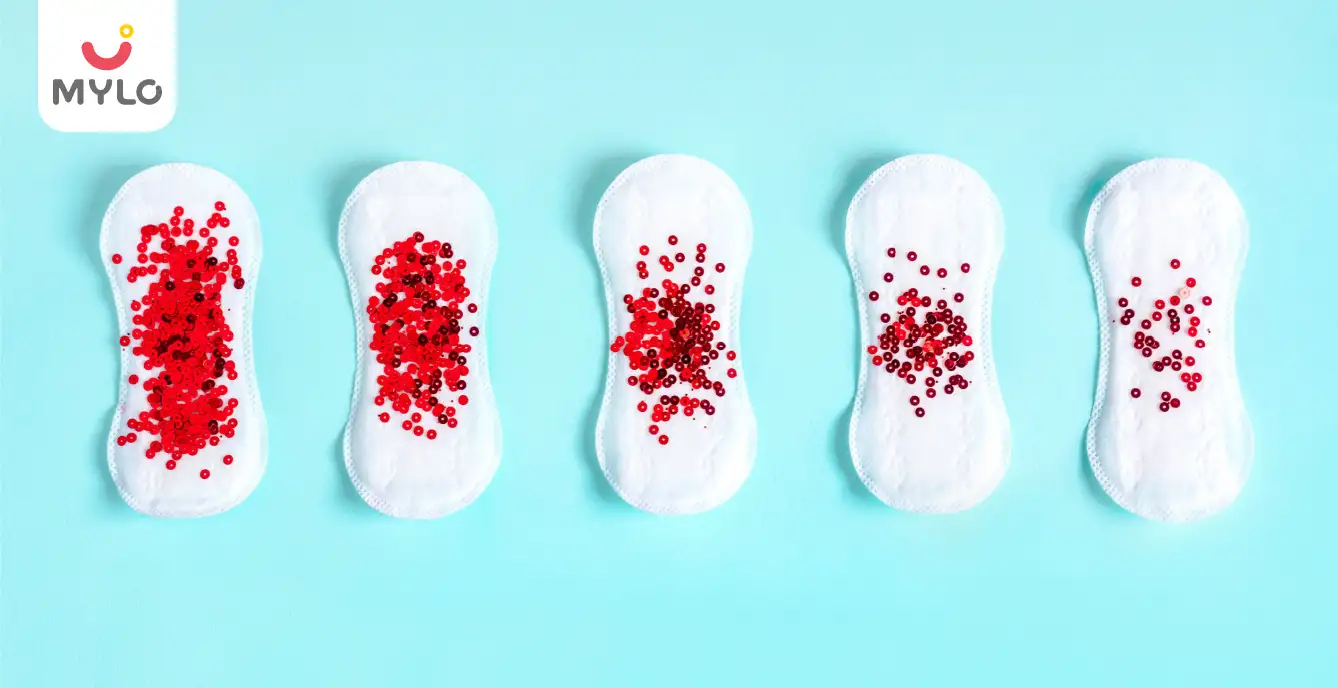
Periods
How to Stop Heavy Bleeding During Periods: Home Remedies (Part 2)

Sex Life
How Many Times Should You Have Sex to Get Pregnant?
- A Guide to Planning the Perfect Godh Bharai for the Mom-to-Be
- Your Complete Guide to Spinal Anesthesia: From Preparation to Recovery
- Custard Apple During Pregnancy: Benefits & Risks
- 30+ Baby Bump Photos and Ideas for Documenting Your Pregnancy
- 30+ 2nd Pregnancy Photoshoot Ideas for Expecting Parents
- Feeding Tips and Healthy Food Ideas for Your 7-9 Month Old Baby
- Sweet Potato During Pregnancy: Benefits, Risks & Side Effects
- Carrot During Pregnancy: How This Healthy Snack Can Help You and Your Baby
- 30+ Maternity Photoshoot Props: Accessories for Maternity Photoshoot
- Diaper Pants 101: Everything You Need to Know Before You Buy
- Can We Eat Curd During Periods: Understanding the Dairy Dilemma
- Sabja Seeds During Pregnancy: Benefits & Side Effects
- Newborn Diaper Rash: Causes, Treatment and Prevention Tips
- New Born Baby Diapers: Understanding the Quantity and Sizing Needs of Your Little One


AWARDS AND RECOGNITION

Mylo wins Forbes D2C Disruptor award

Mylo wins The Economic Times Promising Brands 2022
AS SEEN IN
















- Mylo Care: Effective and science-backed personal care and wellness solutions for a joyful you.
- Mylo Baby: Science-backed, gentle and effective personal care & hygiene range for your little one.
- Mylo Community: Trusted and empathetic community of 10mn+ parents and experts.
Product Categories
baby carrier | baby soap | baby wipes | stretch marks cream | baby cream | baby shampoo | baby massage oil | baby hair oil | stretch marks oil | baby body wash | baby powder | baby lotion | diaper rash cream | newborn diapers | teether | baby kajal | baby diapers | cloth diapers |



